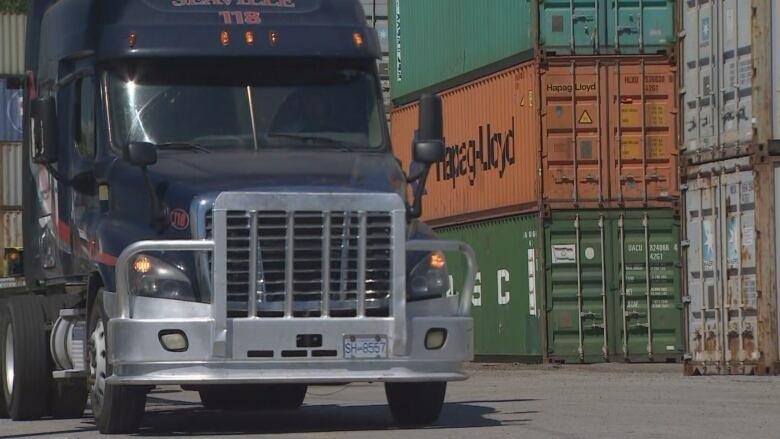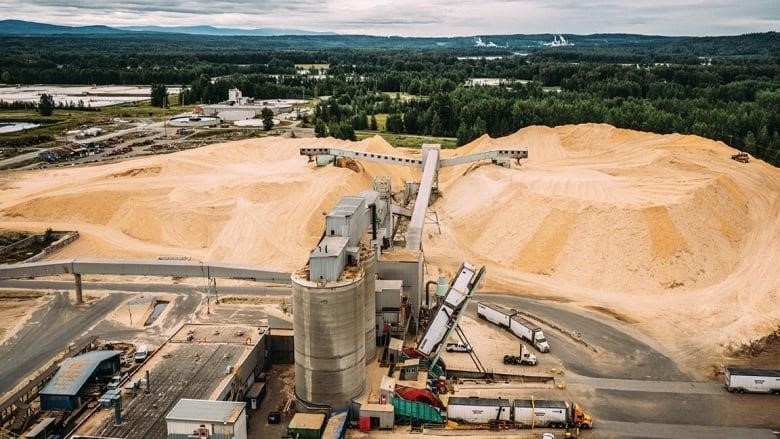
After a 13-day strike, there are about 63,000 shipping containers that need to be unloaded
People at Aheer Transportation in Delta, B.C., have had to be very patient over the last 13 days. Due to the port strike, truckers have been laid off and the parking lots have been almost empty.
Shinda Aheer, the CEO of the company, said that as soon as the news of a tentative deal came out on Thursday, mechanics and coordinators went into high gear to get ready to clear the backlog of shipments that had built up during the strike.
“Right now, we’re already scared…. “The floodgates will open tomorrow, and this place will be full,” he told CBC News on Thursday.
“We’re all in a jam, so we have to work together. We know what to do. I think we’ll be very busy for the next three to four weeks.”
The International Longshore and Warehouse Union (ILWU) Canada and the B.C. Maritime Employers Association (BCMEA) said Thursday morning that they had reached a tentative four-year deal to end the strike. The agreement hasn’t been made public yet, and both sides still need to sign it.
WATCH | It will take weeks to get all of the containers out of the way:
Since July 1, about 7,400 workers have been on strike, stopping shipping in and out of about 30 ports in B.C., including the Port of Vancouver, which is Canada’s biggest.
The Greater Vancouver Board of Trade says that there are 63,000 shipping containers waiting to be unloaded at B.C. ports.
The BCMEA says that work at the ports was already set to start again at 4:30 p.m. PT on Thursday.
Forestry giant Canfor has already said that its Northwood Pulp Mill in Prince George, where about 450 workers were laid off because of the strike, will start running again next week.

The head of the B.C. Chamber of Commerce, Fiona Famulak, said that business owners are eager for the supply chain to start moving again.
She said, “Manufacturers are waiting for products, from raw materials to glassware to steel for rebar.”
“They say that for every day of the strike, it will take them three days to make up for lost time…. There will be some catching up to do.”
Dennis Darby, CEO of Canadian Manufacturers & Exporters, said in a statement that manufacturers would spend the “next several months sorting through the damage and getting caught up.”
